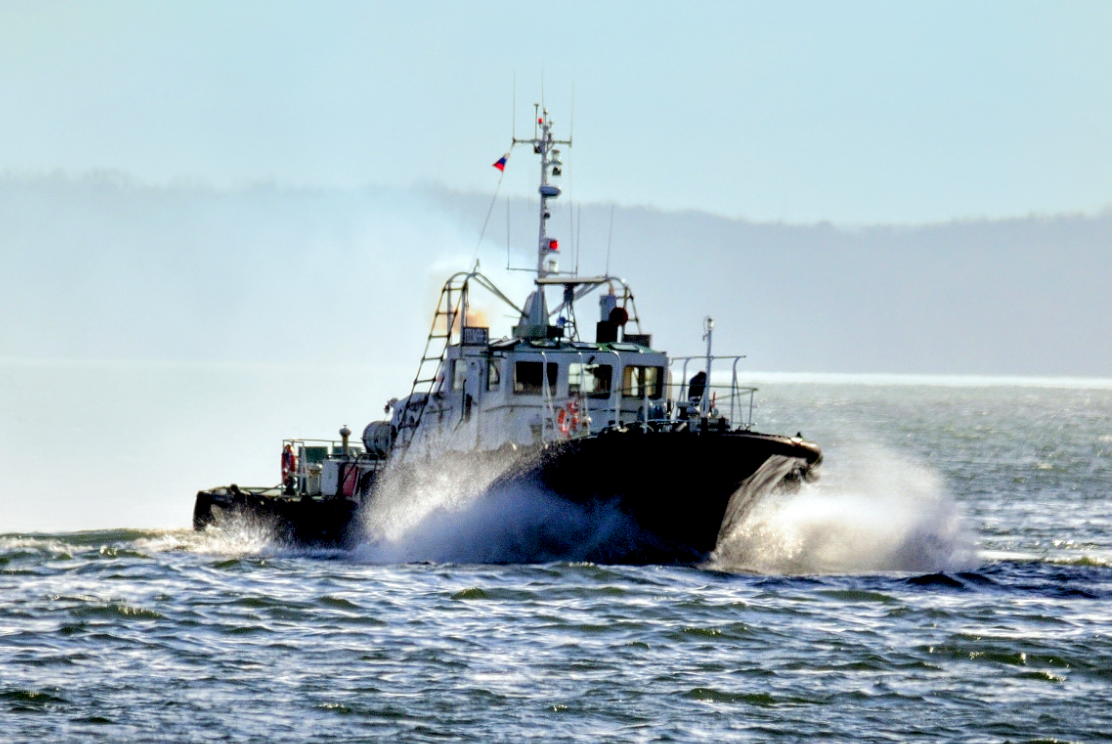
Banning Russian seafood isn’t enough
New analysis from the environmental non-profit Oceana suggests that simply banning imports of Russian seafood is not enforceable without further action.
The US imported more than $1.2 billion in seafood from Russia in 2021, and this number seemed to be growing before sanctions. In January of 2022, the US imported more than $171 million in seafood from Russia, almost double the imports from January 2021.
Along with other sanctions, President Biden enacted a ban of Russian seafood in March in reaction to the ongoing Ukrainian crisis. To enforce this ban, traceability is necessary to close any loopholes that Russian fisheries may use to slip through to US markets.
Currently, the Seafood Import Monitoring Program (SIMP) requires documentation of catch origin and traceability of seafood deemed at risk of illegal, unreported or unregulated harvest. This regulation applies to only 13 species and amounts to approximately 40 percent of the seafood imports into the US. According to data from the National Oceanic and Atmospheric Administration’s (NOAA) from 2021, only 2 out of 71 seafood products imported from Russia are covered by SIMP.
In the end, this means that 82 percent of Russian seafood imports have the potential to slip through the cracks. This is because everything else is not required to have documentation tracing it back to point of capture.
Dr. Marla Valentine is Oceana’s illegal fishing and transparency campaign manager.
“Oceana’s analysis reveals that Russian fishing vessels have access to ports and fishing authorizations across the globe. Withdrawing port access, denying fishing rights, and banning imports can be powerful sanctions in addition to banning seafood from Russia,” said Dr. Valentine.
“The countries identified in Oceana’s analysis, especially those most frequented by Russian vessels, should decide whether Russia’s actions in Ukraine warrant the continued privilege of port access or fishing in their waters. For any ban on Russian seafood to be effective, there must be boat-to-plate traceability for all seafood.”
—
By Zach Fitzner, Earth.com Staff Writer













